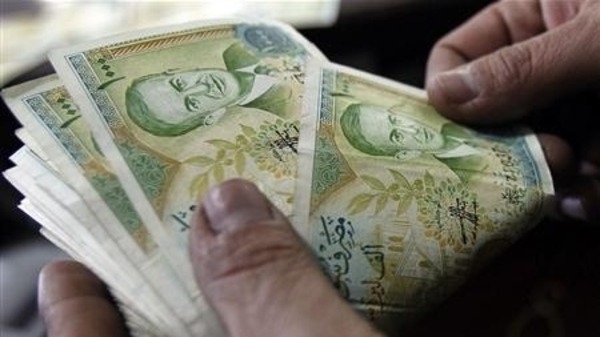Syrian businessman and National Coalition member Bassam al-Malek has said: "Iran is Syria's main enemy; it occupies Syria, and it is the main supporter of Assad's regime. In order to crush the people's revolution, Iran spent nearly $80 billion USD in military and economic aid to assist the Assad regime".
Malek added, "Iran holds the lion's share of the regime's economic losses. There is reliable information from several sources stating that Iran has paid $840 million USD in cash at the beginning of 2015, claiming this to be the final installment".
"Iran is ready to give up President Assad, but what matters for Iran now is to maintain its ports on the Mediterranean Sea, in addition to securing property purchased by Iranians in Damascus and other Syrian cities", Malek pointed out.
"The Syrian economy is in the neck of the bottle now. The regime does not foresee or recognize its economic collapse because it will take place before its military collapse. In other countries of the world, when the economy falls by 5 percent, the government is held accountable, and in some constitutional regimes, the president might be forced to resign", Malek added.
The Coalition member explained, "the dollar exchange rate against the Syrian pound has doubled five times during the period between 2011 and 2015, confirming the collapse of the economy. Per capita income has declined or collapsed, while the amount of compensation hasn’t exceeded $20 USD, at best. There is social disintegration inside Syria, as well as a great economic pressure on the Syrian people. Ironically, the world has reduced the prices of petroleum products after oil prices dropped by 50 percent, while the regime in Syria raised the prices. Cash and gold reserves at the Central Bank have been completely consumed", Malek said.
"Since the economic shift in 2006, corruption has become a part of the market. Eighty-four councils of businessmen were formed, the heads of these councils were chosen carefully, but more than 60 of these councils followed Rami Makhlouf – who always had his share or his men present inside these councils, in addition to his economic activity in all sectors", Malek explained.
"Many businessmen – the regime's men, actually – submitted fake projects to withdraw funds from banks before and during the beginning of the Syrian revolution. They also carried out fake projects for materials exported only on paper to obtain support from the Exports Bank. There are industrialists and traders who supported the regime; they are a corrupted group who have built their wealth on people's livelihoods. We can say that the general characteristic of the work of the Syrian Chambers of Commerce depends on the principles of gangs and cartels", Malek concluded.
Translated and edited by The Syrian Observer


